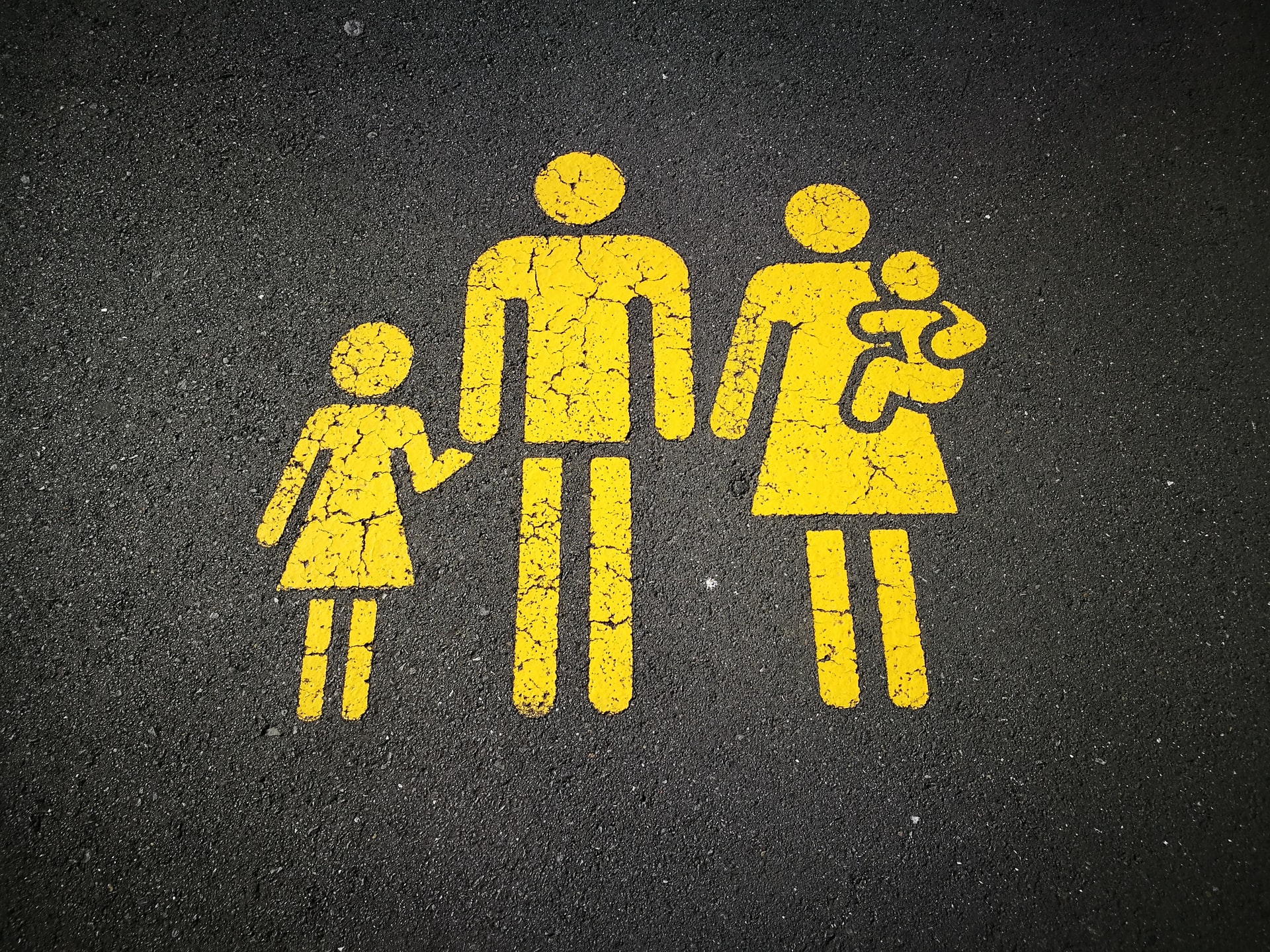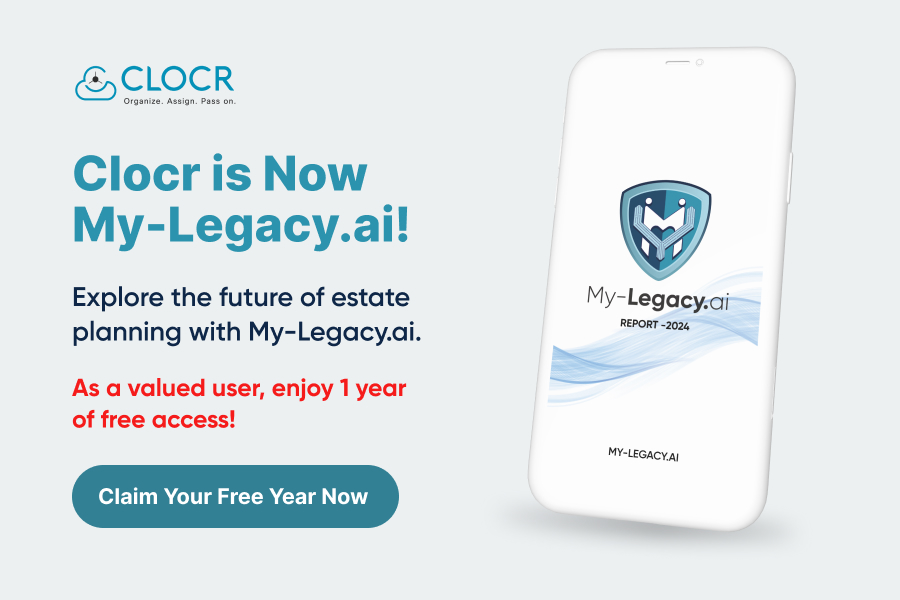Most people like to avoid talking about uncomfortable things. Even more so when it involves our loved ones. No one looks forward to talking about death or money matters, especially amongst family. But it is something that must be done.
Not just deciding what happens to an estate, but also who’s responsible for distributing it. As unpleasant as it is, most people put in the time and thought into making an Estate Plan for their physical or tangible assets. But what about Digital Estate Planning for your Digital Assets?
What happens to these Digital Assets once you pass away? Do you want them to be deleted when you die? Do you want them to be passed on to your loved ones? If so, who would be the executor of your Digital Will i.e., a Will for your Digital Assets?
These are all the questions that we should start taking into consideration. Especially with how technology is becoming an integral part of our lives. Discussing a Digital Estate Plan is easier said than done. It’s hard enough to talk about what to do following a death. The fact that most people don’t even think about what happens to their Digital Assets following their deaths makes the topic of Digital Estate Planning that much harder.
No matter what age they are, there is usually a bit of skepticism when it comes to making a Digital Estate Plan. You can just include the passwords to your accounts in your will, right? It is highly advised that you don’t since the contents of your Will are made public following your death. The last thing you want is for everyone in your family to have access to your accounts and devices.
So how do you approach a complex subject such as Digital Estate Planning with your loved ones? Fear not, for we have some pointers to get you started on planning your Digital Legacy.
Educate Them On The Importance Of Digital Estate Planning
A lot of the time, preserving your Digital Assets is just something most people don’t even consider. It might be because they don’t see its importance, or it could be that the thought never even crossed their minds. Many of us take technology for granted as it becomes inseparable from our daily lives. But with this integration, we forget about how our Digital Assets are just as important as our physical assets.
Educating your loved ones on the importance of creating a Digital Plan to preserve their important Digital Assets (From personal assets like pictures and videos to monetary assets like monetized blogs and cryptocurrency) is a vital step to get the Digital Legacy conversation started.
Making them understand how their Digital Assets are also valuable and in need of preservation is the best way to get the ball rolling.
Legacy Policies Aren’t The Best Solutions
While most social media platforms (Facebook, Instagram, Twitter) have a legacy policy in place where your account can be memorialized/deleted following your death, it is a very limited solution. Deleting/memorializing an account could mean that some important data that was meant to be passed on might end up being permanently deleted/inaccessible.
By making use of a Digital Legacy Plan such as the one offered by companies such as Clocr, you can decide exactly what happens to your Digital Assets following your death. You can have some of them deleted and pass on the rest, or you can have all of them deleted. The executor of your Digital Will carries out your wishes according to your wishes.
You might be interested in reading our blog post on the comparison of Legacy Policies of various organizations.
Inform Them About The Security Concerns
Just like how your Physical Assets can be stolen by thieves, your Digital Assets can also be hacked and stolen/infected with viruses. But most people aren’t bothered about the security of their Digital Assets. Not as much as they are about their Physical Assets, at least
But with monetary assets also becoming Digital, (Think PayPal accounts) thought should be given to what happens to these accounts once you pass away. Especially since your accounts are more prone to hacks following your death.incapacitation due to their inactive nature.
While the accounts themselves are Digital Assets, the funds within them can be transferred to your loved ones. But in the case of death, having a Digital Executor who can carry out this transfer can help your family as it eases the stress of going through the tedious procedures of post-death Digital Asset transfers.
In the 21st century, more and more things are being digitized. From your social media accounts to your personal blogs, a decision must be made on what happens to them once you pass away/become incapacitated.
While the topic might be something that you wish to outright avoid, it is better to have it planned out beforehand. Otherwise, your loved ones could be left scrambling around not knowing what to do with your Digital Assets. That’s the last thing they should concern themselves with during a time of grieving. That is where Digital Estate Planning comes into place.
Now that you’ve learned about how you can broach the topic of Digital Estate Planning with your loved ones, why not check out the Digital Estate Solutions offered by Clocr?




